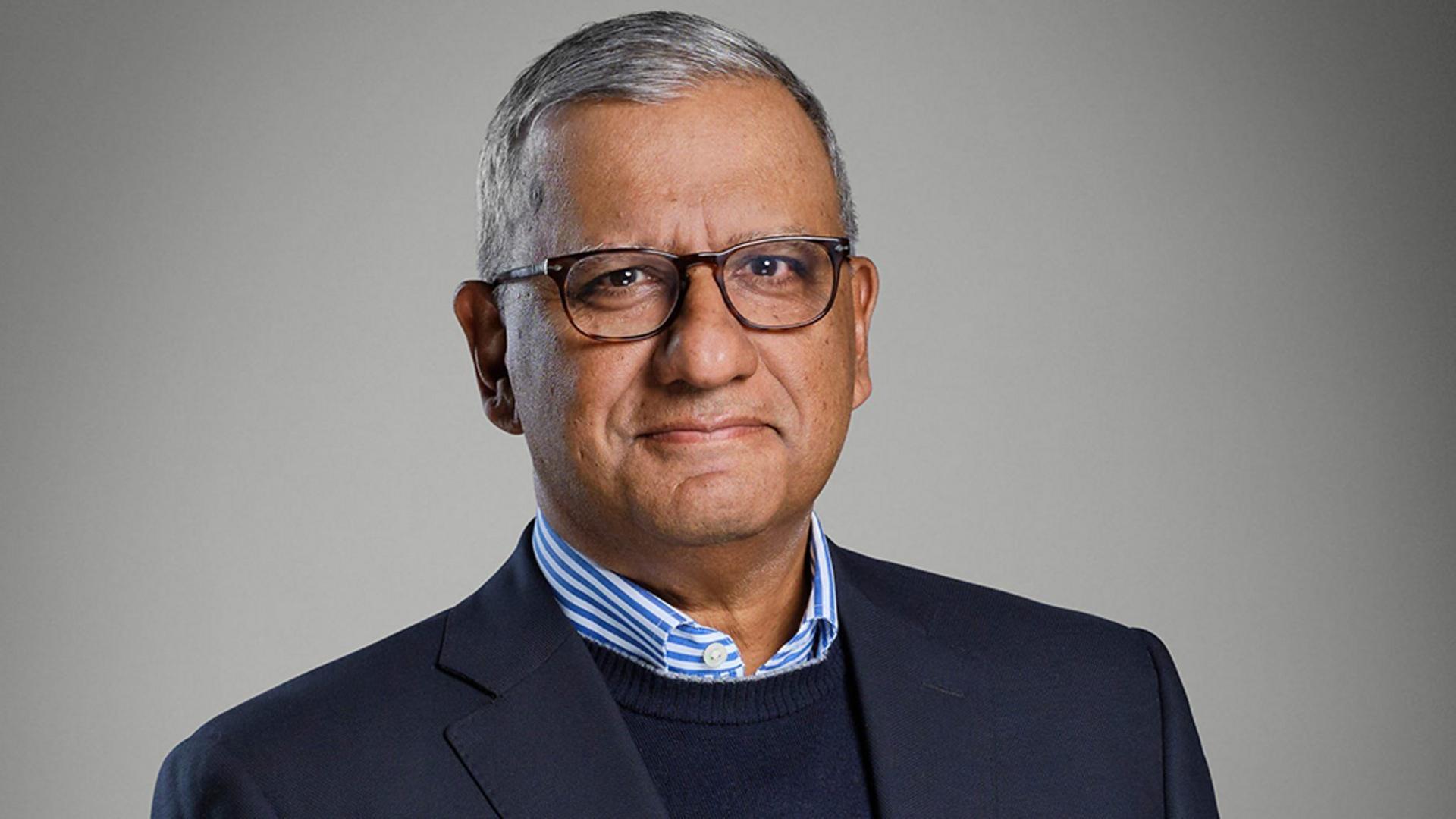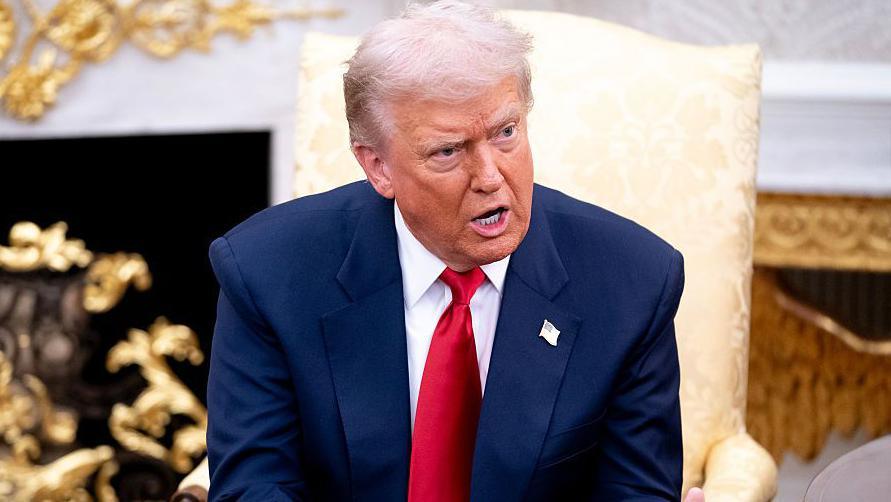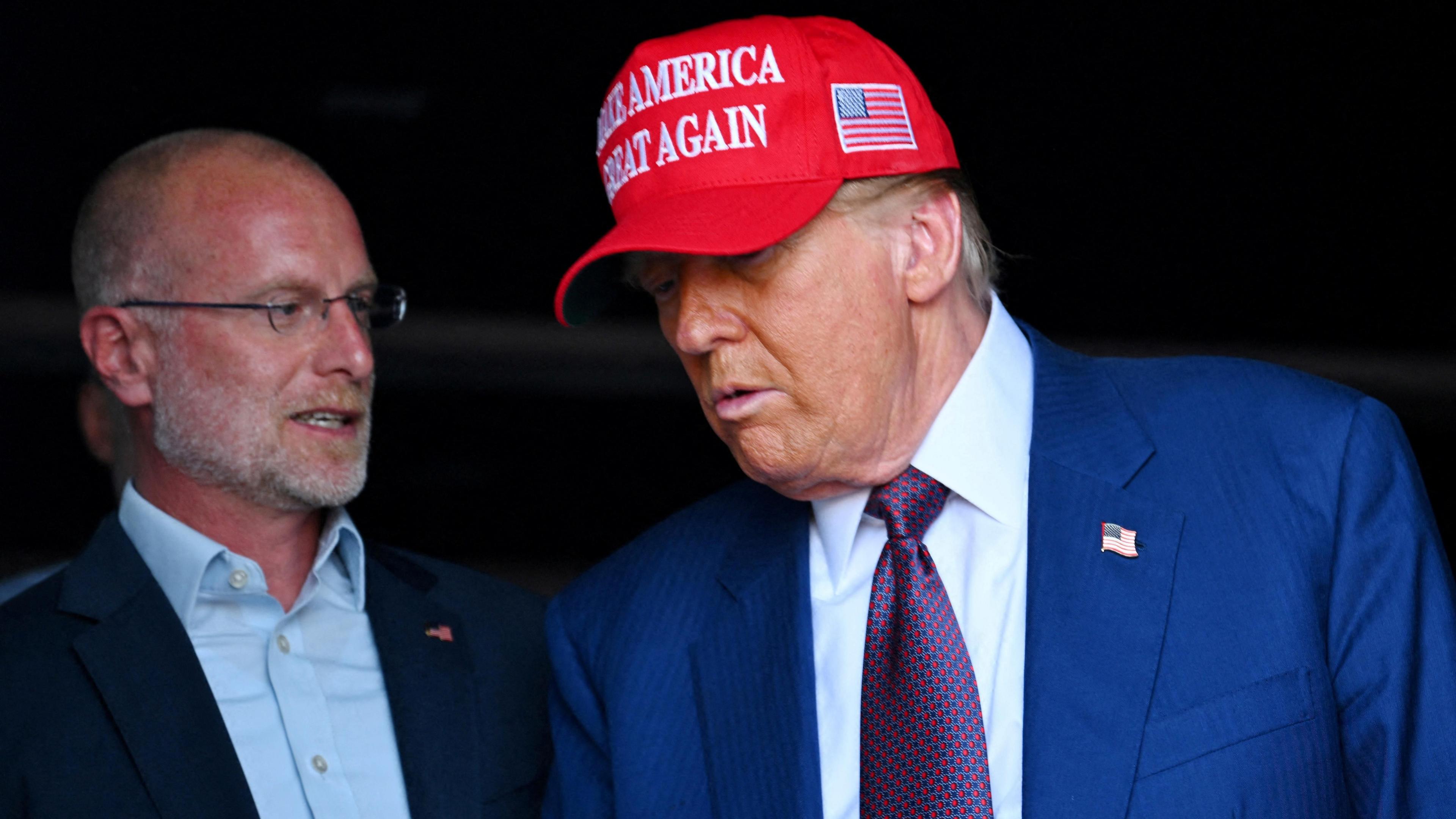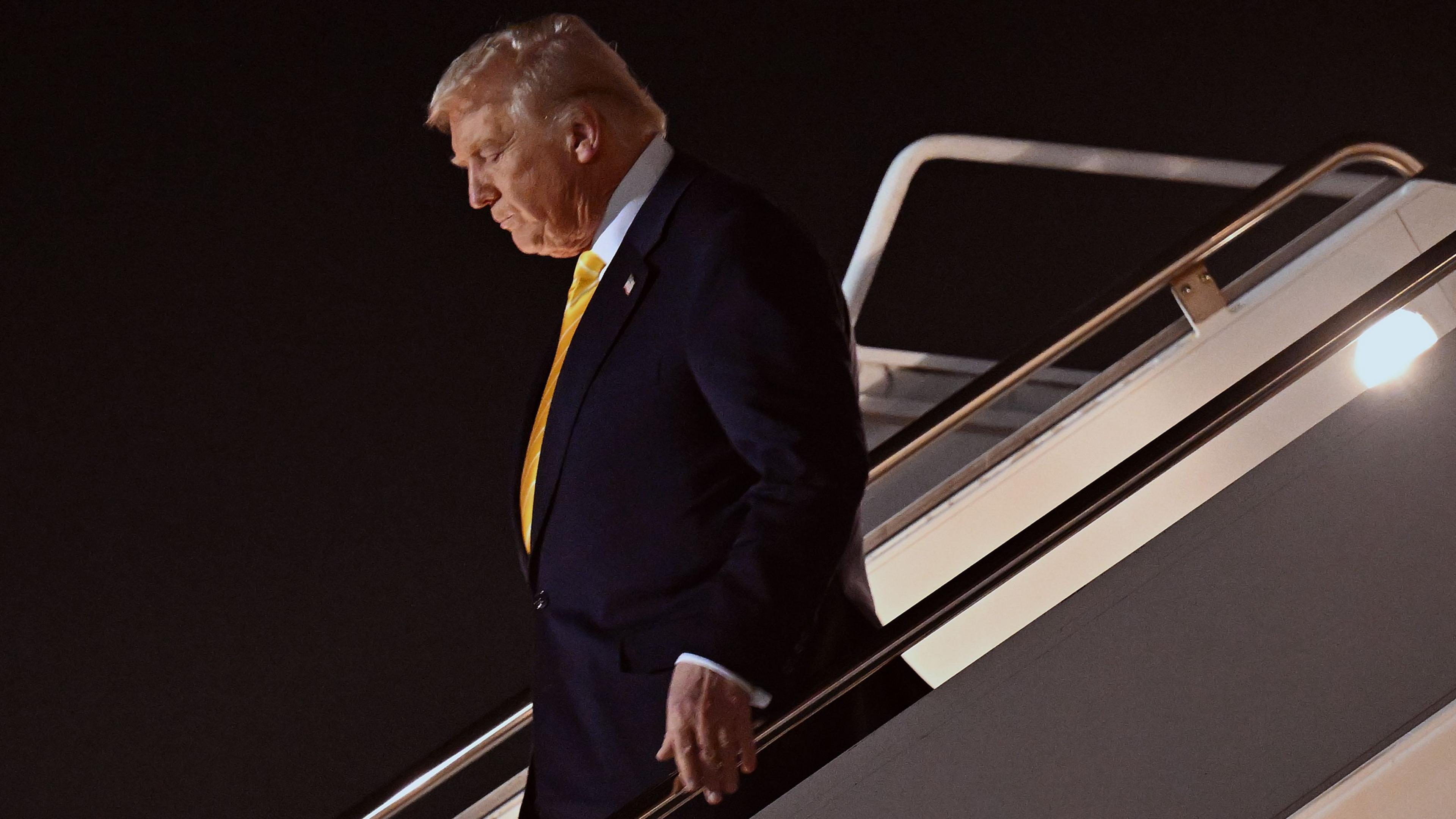BBC board member resigns and criticises 'governance issues' at top of corporation

- Published
A member of the BBC's board has resigned over what he says are "governance issues" at the top of the corporation.
Shumeet Banerji also said in a letter that he was "not consulted" about the events leading up to the departures of the director general, Tim Davie, and BBC News chief executive, Deborah Turness.
Banerji confirmed his resignation on Friday, the BBC said in a statement.
BBC News has approached Banerji for comment.
The BBC's two top executives resigned earlier in November as a result of the fallout over a Panorama episode that edited together parts of a 2021 speech by US President Donald Trump.
Since then, concerns have been raised in some quarters about how the BBC board operates. The board is responsible for oversight and strategy of the corporation.
In blaming governance issues, Banerji appears to have made a direct criticism of chairman Samir Shah and other members of the board.
Banerji's resignation comes at a difficult time for the BBC, with Shah and board members Sir Robbie Gibb and Caroline Thomson due to give evidence to the Culture Media and Sport Committee of MPs on Monday afternoon.
Questions have already been raised in Parliament about political appointees on the BBC board (there are five including Shah and Gibb).
They will likely be asked about claims, first made in a leaked document, that the BBC has "systemic issues" relating to coverage around, for example, the Israel-Gaza conflict and coverage of sex and gender. That was rejected by Turness and Davie.
Written by Michael Prescott, who was previously an independent external advisor to the BBC's Editorial Standards Committee, the document was published by the Telegraph newspaper, external and also flagged the Panorama edit.
The corporation has since acknowledged the edit gave "the mistaken impression that President Trump had made a direct call for violent action" on the day of the riot at the US Capitol building on 6 January 2021.
In his speech on 6 January 2021, Trump said: "We're going to walk down to the Capitol, and we're going to cheer on our brave senators and congressmen and women."
More than 50 minutes later in the speech, Trump said: "And we fight. We fight like hell."
In the Panorama programme, Trump: A Second Chance?, the edited clip shows him as saying: "We're going to walk down to the Capitol... and I'll be there with you. And we fight. We fight like hell."
Trump has threatened to sue over the programme, saying it defamed him. While the BBC has apologised, it has refused the president's demand for financial compensation.
In his role on the board, Banerji was "responsible for upholding and protecting the independence of the BBC by acting in the public interest and exercising independent judgement", according to the corporation's website.
Banerji, a non-executive board member since 2022, is the founder of an advisory and investment firm that specialises in technology companies. He previously led Booz & Company, a management consultancy firm.
The 12-member board of the BBC is responsible for ensuring it delivers on its public service mission and it sets the strategic direction of the corporation, which is largely funded by licence-fee payers.
Non-executive members hold the BBC's executive management to account. The board is chaired by Shah, a former documentary maker.
A BBC spokesperson said: "Shumeet Banerji today notified the BBC Board of his resignation. Mr Banerji's term on the Board as a non-executive director was due to end at the end of December and we thank him for his service.
"The search for a replacement is already well under way and we will update further in due course."
Related topics
- Published8 hours ago

- Published1 day ago

